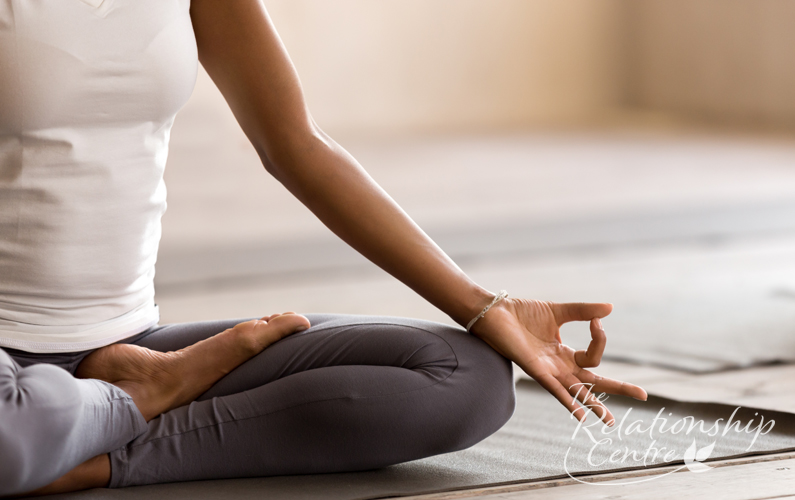Self-care is an important topic in our current culture. In many forms of social media, it is portrayed as lavish vacations or expensive spa days. However, it’s important to recognize what true self-care really is – especially when it comes to using self-care to help with your anxiety.
This type of self-care is designed to build a positive foundation to manage and overcome your anxiety.
So what is self-care, really? And what are the self-care activities to help with anxiety?
Defining Self-Care to Cope With Anxiety
While self-care involves small actions like engaging in activities you love, it also means taking larger steps to improve your overall wellbeing. With anxiety, this means learning important coping tools that are designed to nourish your mental and physical wellbeing.
Peace of mind is only found over time and with some effort put into creating a solid foundation for improvement. These activities are done consistently over time to create the foundation that is needed to support you with your anxiety.
Self-Care Acts for Anxiety that Work Long-Term
Now that you know self-care is more than just treating yourself every now and then, let’s look at some effective ways to practice self-care and cope with your anxiety.
Meditation
Although it may sound somewhat new-age, meditation is a long-practiced method to lower anxiety levels and connect with yourself and exist in the present. Through meditation, you can check in with your body and mind to see how you’re feeling. It gives you time and space to acknowledge your anxiety and try to set it aside for a moment.
The most important part of meditation is that it’s non-judgemental. So, you don’t have to berate yourself for your anxiety. You simply accept it, clear your mind, and come to a more relaxed state.
Meditation is a form of mindfulness. You can practice meditation anywhere for any amount of time by closing your eyes and practicing measured breaths. Experiment with different breathing techniques and stick with the one that works best for you. For those new to meditation and mindfulness, there are some wonderful apps to help guide this new learning. We recommend Headspace or Calm.
Journaling
It may bring back memories of writing in your diary in your younger years, but journaling is an effective way to practice self-care and manage your anxiety. Writing down your thoughts helps you feel more in control of them. It’s cathartic.
And after a while, you may begin to notice certain trends. For instance, you may notice that a particular recurring situation is a source of anxiety for you. It can also help you learn your limits and become better at setting and maintaining boundaries that are important for you.
There’s no right or wrong way to journal. Just do what feels best for you. This may be writing about your day or jotting down dreams or listing 3 things you are grateful for each day.
Therapy
Of course, therapy is a powerful and effective self-care strategy to promote good anxiety management and peace of mind. You maintain your physical health by seeing your family doctor and many people maintain their emotional and mental health by seeing their therapist regularly.
Seeing an experienced therapist for your anxiety can help you build important skills to better manage your anxiety now and moving forward. And you guessed it – it’s a form of self-care. It helps you build a strong foundation for finding peace of mind and staying in control of your anxiety.
Anxiety is difficult to deal with and simply engaging in periodic self-care such as a pedicure or a relaxing bath may not be enough. Self-care means combining small acts of self-compassion with long-term tools to help you get to where you want to be.
Embrace self-care as a lifelong practice for a healthier body and mind.










